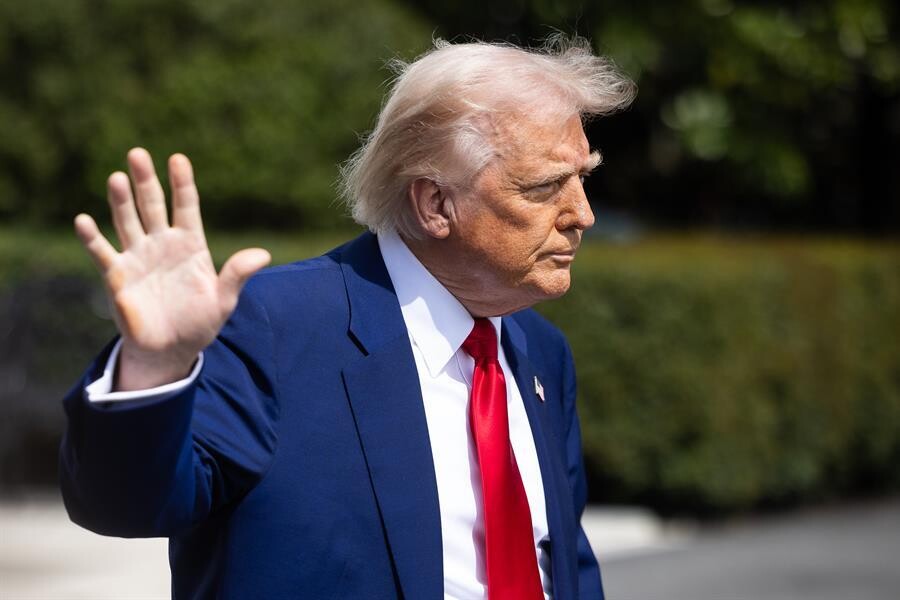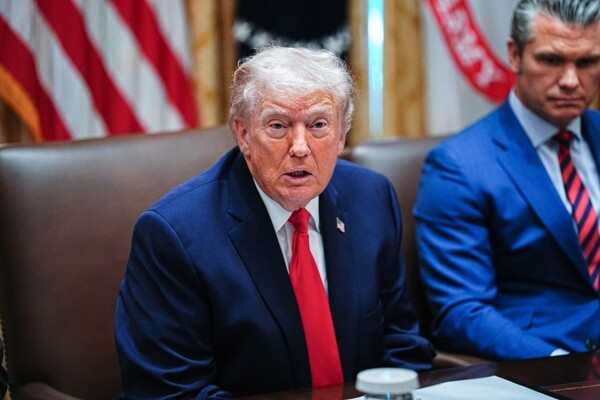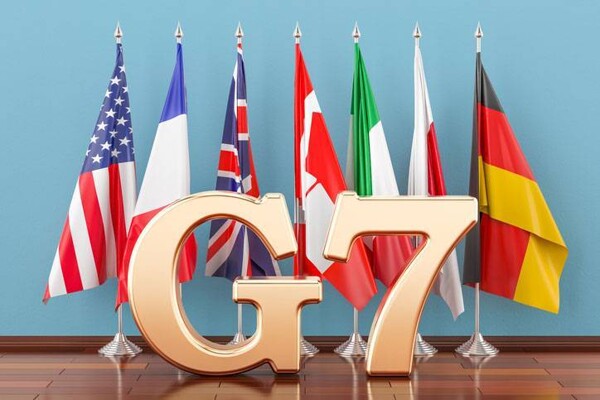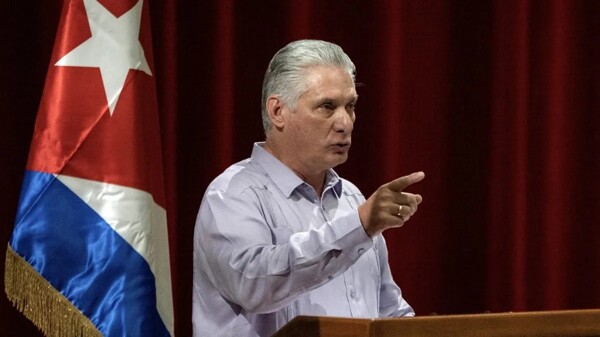
The Donald Trump administration plans to finalize trade agreements with most countries affected by its tariffs next month. The trade war unleashed by this aggressive tariff policy is mainly concentrated on the dispute with China, which is generating concern among businesses and affecting the popularity of the Republican president.
Currently, the United States imposes a 10% tariff on imports from most of its partners until early July. Trump has dubbed these tariffs as 'reciprocal' and seeks to obtain favorable agreements through this tariff pressure, while continuing efforts against China, which faces a 145% tariff.
A recent CNBC survey suggests that Trump's tariff policy is undermining his popularity, recording the worst approval ratings on economic issues. Additionally, there is clear discontent with his handling of inflation.
Amid this tense situation, China has signed several cooperation agreements with Southeast Asian countries. These countries have faced high tariffs from the U.S. as retaliation and have taken measures such as banning deliveries of Boeing airplanes.
U.S. Secretary of Commerce Howard Lutnick has advocated for a tariff truce, managing to convince Trump of a temporary pause in the imposition of tariffs. However, the situation remains delicate, especially with China maintaining high tariffs and taking similar measures.
Tariff uncertainty is generating concern in the industry, with companies like Delta reporting significant profits but withdrawing annual forecasts due to this unpredictable situation. CEOs of large companies are also expressing their disagreement with tariffs, reflecting a climate of uncertainty and disagreement in the corporate sector.














